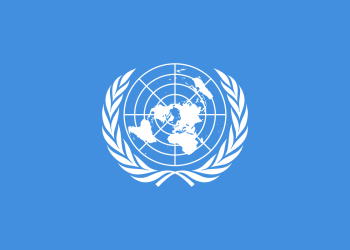By Libya Herald Staff.
Tripoli, 5 November 2013.
Prime Minister Ali Zeidan opened Tripoli’s three-day National Water Conference this morning, saying that the . . .[restrict]country’s water resources were a huge concern.
Sebha was crucial to water resource politics in the future, he said, adding that Sebha and Tripoli, in particular, needed improved political cohesion.
One of the main pumping stations for the Man-Made River is located near Sebha. In September, tribesmen stopped the pumping in protest over the abduction of Anoud Senussi, cutting the water supply to western Libya and leaving much of the capital without water for nearly ten days.
Minister of Water Resources, Hadi Hinshir, said that it was a happy coincidence that the opening of the Water Conference had fallen on the first day of the Islamic New Year.
It was vital that the country’s limited water resources should be preserved and protected, Hinshir said. He added that he hoped the conference, which brings together Libyan and international water resources scientists and experts, would result in some good ideas for the future of the country’s water resources.
A range of scientific papers will be given at the conference, including on sustainable water desalination and the affect of fossil groundwater abstraction on the environment. Several present findings about the detection of the Coliform Group of bacteria, which includes e-coli, in drinking water samples from wells in Sebha and in bottled water in Benghazi.
The National Water Conference is being sponsored by the Ministry of Water Resources and the Libya Society for Earth Sciences.
The conference is being held at Tripoli’s Dat Alemad (Five Towers) Complex. Anyone interested in water resources is welcome to attend.
More information can be found here. [/restrict]






